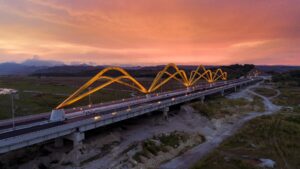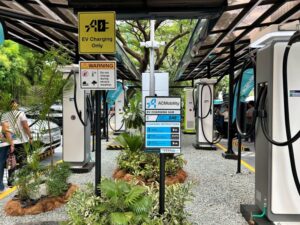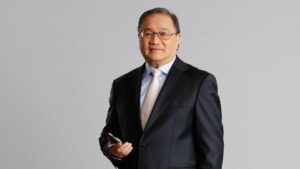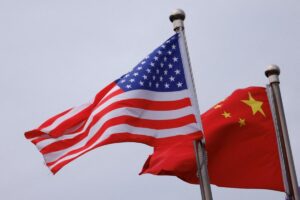
President Ferdinand “Bongbong” Marcos Jr. recently highlighted the welcoming stance of Philippine economic zones towards global investors, showcasing these areas as prime sites for international business and trade. In a strategic move to boost the country’s economic landscape, President Marcos emphasized the openness and benefits of these zones during an interview with Chang Dae-hwan, chairman of South Korea’s Maeyeong Media Group.
Broadening Horizons in Philippine Economic Zones
The Philippine economic zones, known for their robust infrastructure and favorable business conditions, are not limited to specific countries or industries, according to President Marcos. These zones offer enticing incentives such as special tax breaks, tariff reductions on imports, and sales tax exemptions, primarily because the products manufactured within these zones are meant for export and not for domestic sale.
Strategic Economic Developments
Highlighting key areas like the Clark Freeport and Special Economic Zone (CFEZ) in Pampanga and New Clark City in Tarlac, President Marcos detailed how investment frameworks have been established to attract and facilitate foreign investment. These zones operate under a common tax code and incentive scheme, simplifying the process for locator companies and eliminating the need to navigate through multiple local governmental frameworks.
A Global Invitation
The president expressed a particular interest in attracting American companies, attributing their involvement to the attractive investment system set up by the Philippine government. He anticipates that the completion of the Luzon Economic Corridor will enhance these opportunities by reducing travel times and transport costs, thereby making the region even more appealing to investors.
International Support and Commitments
The United States and Japan have shown their support for Philippine initiatives, especially in developing the Luzon Economic Corridor. This development is part of the broader Partnership for Global Infrastructure and Investment (PGI)-IPEF Investment Accelerator, which aims to enhance connectivity and investments across various sectors, including rail, port modernization, clean energy, semiconductor supply chains, and agribusiness.
Investment Growth and Future Goals
President Marcos also highlighted the growth in investments approved by the Philippine Economic Zone Authority (PEZA), which saw a 25% increase in 2023, reaching P175.7 billion up from P140.7 billion the previous year. For 2024, PEZA aims to approve P250 billion worth of investments, indicating a bullish outlook for the future of the country’s economic zones.





















Comments are closed for this article!